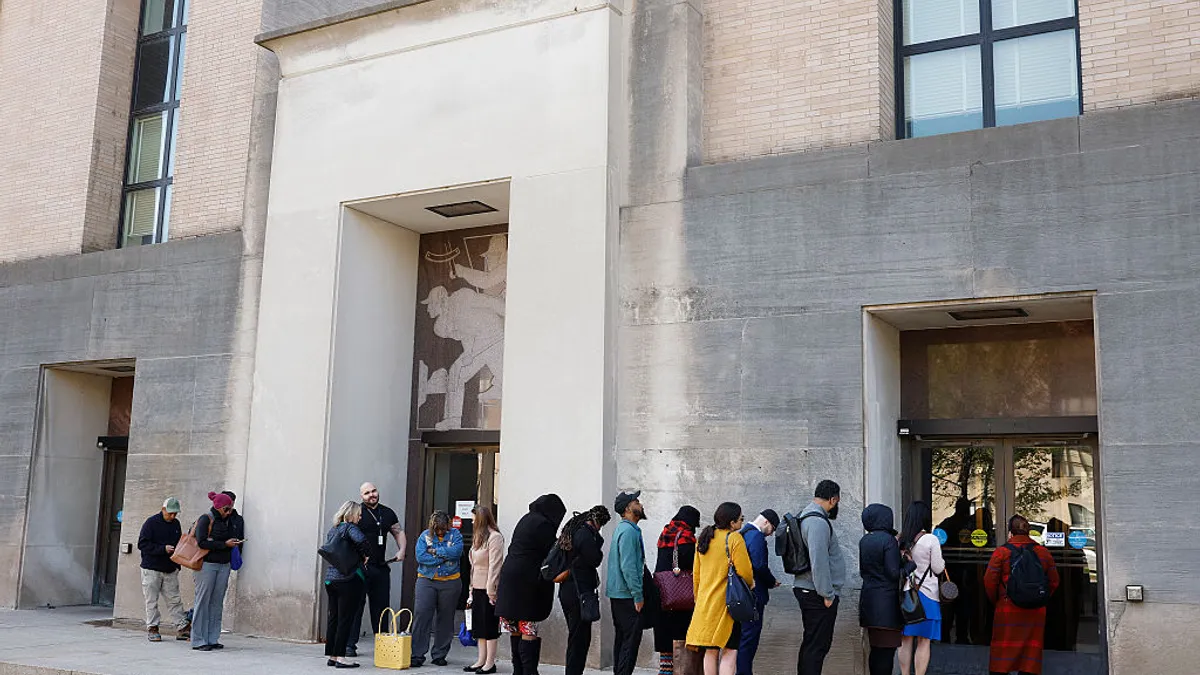CEOs and other executives face myriad pressures every day to make the right decisions for their organizations and teams. The best leaders approach this task calmly and follow a process similar to these steps outlined by Kescia Gray, owner and president of GrayKo Clinical Consultants: identify the goal; gather the best information available to weigh options; consider the risks and consequences; be decisive; measure and track progress; and take accountability for their decisions.
Even leaders who are well-prepared and bursting with confidence can face demons at 3 a.m. that cause a sleepless night. When we’ve asked C-suiters in the life sciences about the No. 1 issue that causes them to toss and turn, it’s the same part of their work that also incites optimism: patients.
2022 PharmaVoice 100 honoree Dr. Stephen Dale, chief medical officer of Kura Oncology summed it up perfectly: “Within drug development, there has long been an even balance between risk and reward. Ultimately, the patients are at the very core of the work we do and there is no room for error or failure. But the potential of reward to bring better treatments to patients and improve the quality of life, far outweighs any thoughts of failure that keep me up at night.”
For more insights into the vexing challenges currently facing life science execs, we asked our 2022 PharmaVoice 100 winners to identify what keeps them up at night. Right after patients, our honorees noted that they grapple with the hurdles inherent with innovation, access and market factors beyond their control.
Here’s what some of the industry’s top execs had to say.
Addressing underserved populations
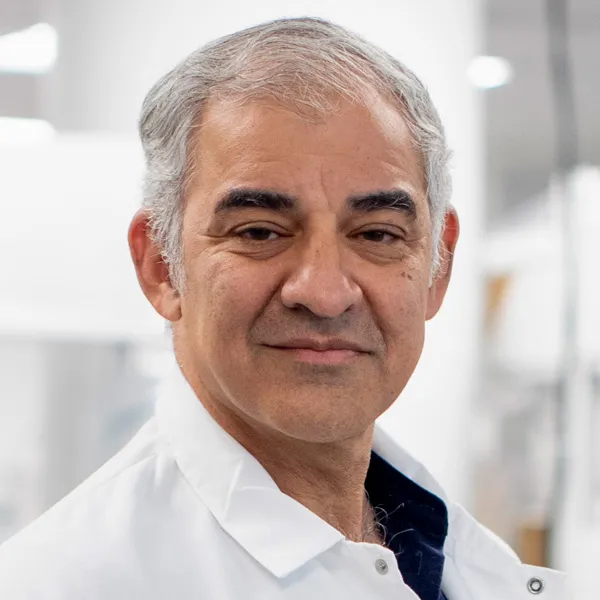
“Modern biotech has mostly focused on treating late-stage, life-threatening or very severe disease and rare disease, which has proven very lucrative. This has largely left behind the treatment of chronic disease throughout life.
Another critical point is that the vast majority of the currently 8 billion, soon growing to 10 billion people on the planet, do not have access to innovative medicine but are of course impacted by chronic disease at all stages.”
Simba Gill, CEO, Evelo Biosciences
Improving health equity
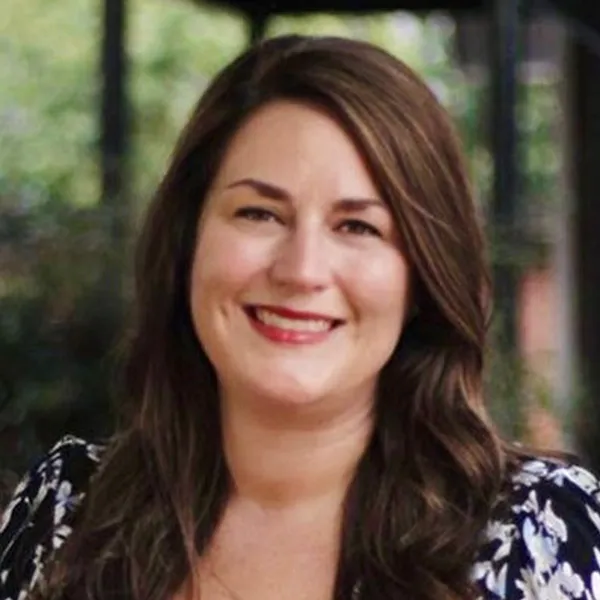
“The thought of how many people still do not have access to impacting information and treatments that already exist to enhance their quality of life. Science has come unbelievably far — just look at what was achieved during the pandemic. But there are so many continued challenges with health literacy and clear communications, platforms for information sharing, disparity and inequity of access — in any language, all around the world — there is so much work still to be done. Thinking about this definitely keeps me up at night.”
Amanda Ryan, president, G3 Life Sciences, G3 Translate
Creating an action plan
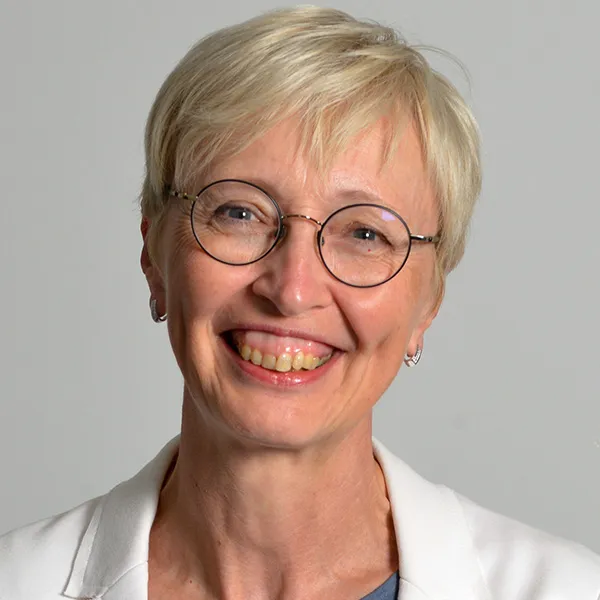
“Like (with) anybody in charge of an organization, uncertainty about the future may keep me awake, but to each problem there is a solution. And in business, a miracle does not exist, so better to act and do your best — even if the solution is not always what you would have preferred up front. In the morning, I will concentrate on the solutions because acting is the best strategy to sleep better.”
Dr. Dominique Demolle, CEO, Cognivia
Focusing on the positive
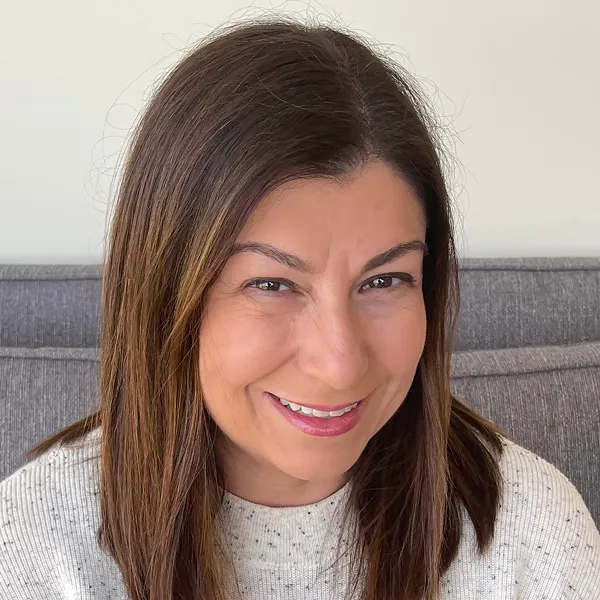
“The world feels a bit upside down right now. We’re seeing a confluence of social, political, human rights and economic issues that we haven’t seen in decades. I think about how this turmoil will impact my children and generations to come, and I find myself asking the question, ‘Are we leaving this world in a better place than the way we found it?’
When I think about what I can do as a business leader, as a parent and as a person, I try to ground myself in my values, my belief in positive intent, my belief in community, our country and our world. I look for role models and for productive, impactful ways forward. I often reflect on previous generations who had even greater hardships than we face today. I believe that by listening to each other, educating oneself, respecting one another and standing up for the things we believe in, we too will overcome these challenging times and be better and stronger for it.”
Jennifer Gottlieb, global president, chief client officer, Real Chemistry
Building trust and awareness
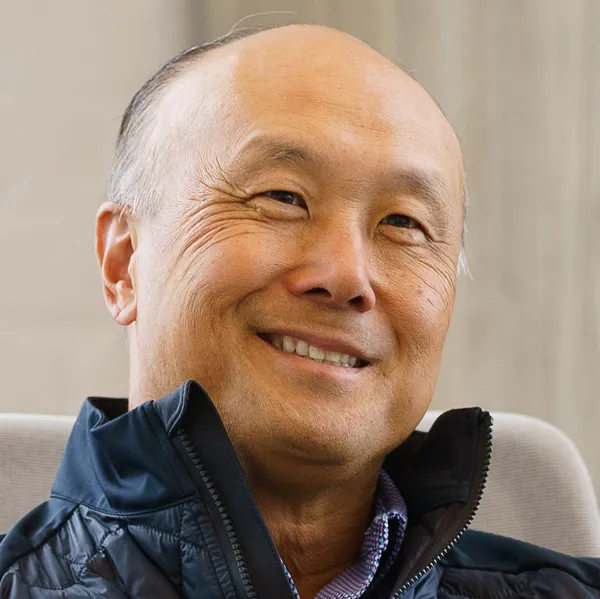
“The social and economic determinants of health outcomes keep me up at night. I travel to small towns and am saddened to see more cash urgent care centers than primary care physician offices. I visit hospitals and see emergency rooms filled with people who have nowhere else to go. The social and economic determinants of healthcare acutely manifest in the sickle cell disease landscape both in the U.S. and abroad — particularly in Africa. The first step to a solution is building trust and awareness. We envision a future where everyone has access to inclusive, empathetic and transformative care.”
Frank Lee, former president and CEO, Forma Therapeutics
Addressing women’s health
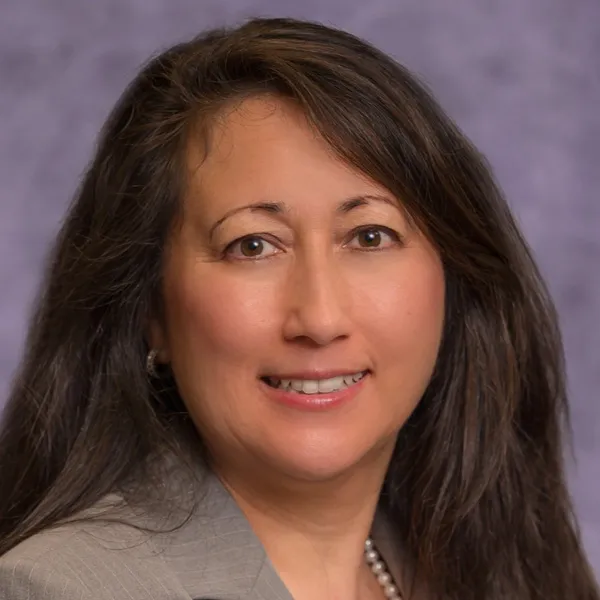
“The lack of innovation and investment in the women’s reproductive health space leaves me sleepless. There has been little innovation and a lack of options for women struggling with infertility and those seeking permanent birth control over the past few decades. Women are faced with limited choices for basic healthcare needs. Intrauterine insemination is the oldest technique in artificial insemination, and it remains the only first-line treatment option despite low success rates. On the opposite end of the spectrum, since surgical tubal ligation was first performed in the 1880s, it remains the only permanent birth control option for women and can be associated with scarring, increased safety risks and complications.”
Kathy Lee-Sepsick, president, CEO and founder, Femasys
Racing to a cure
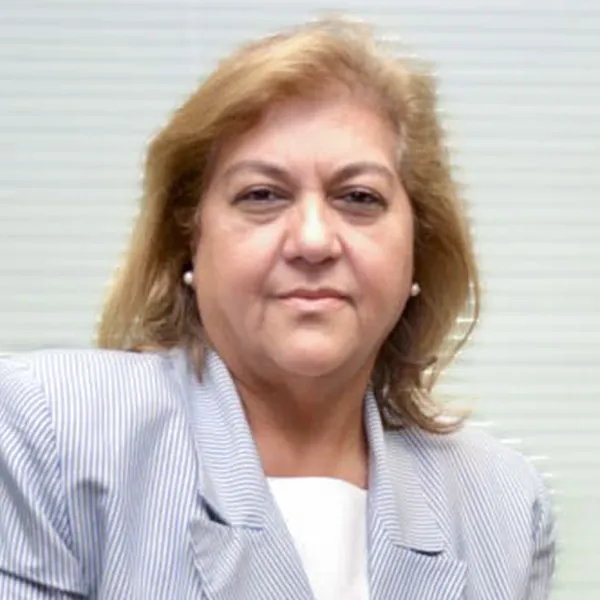
“I think a lot about urgency for patients and their families. Many of our investigational products are targeting disease where people are running out of time. I’m up at night thinking about how we can get treatments to patients faster.”
Helen Sabzevari, president and CEO, Precigen













